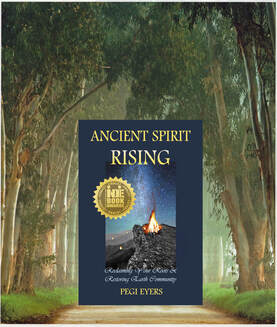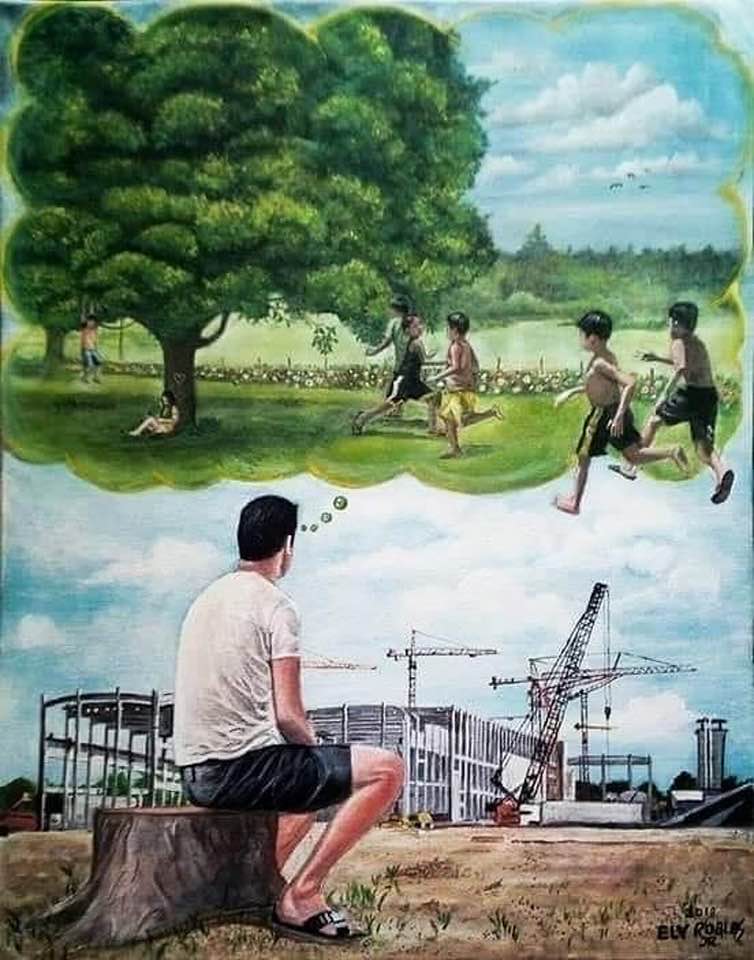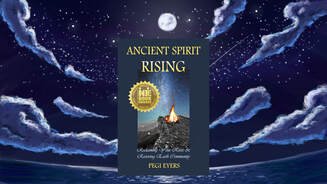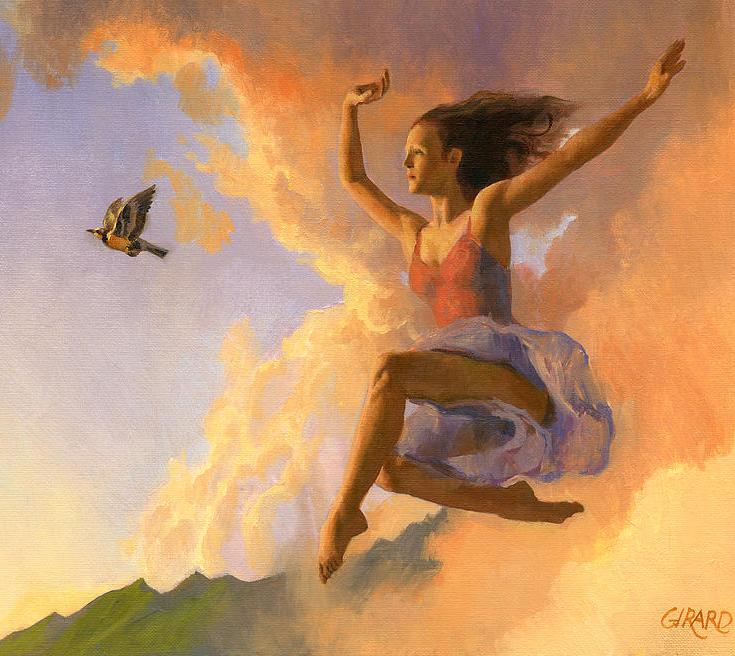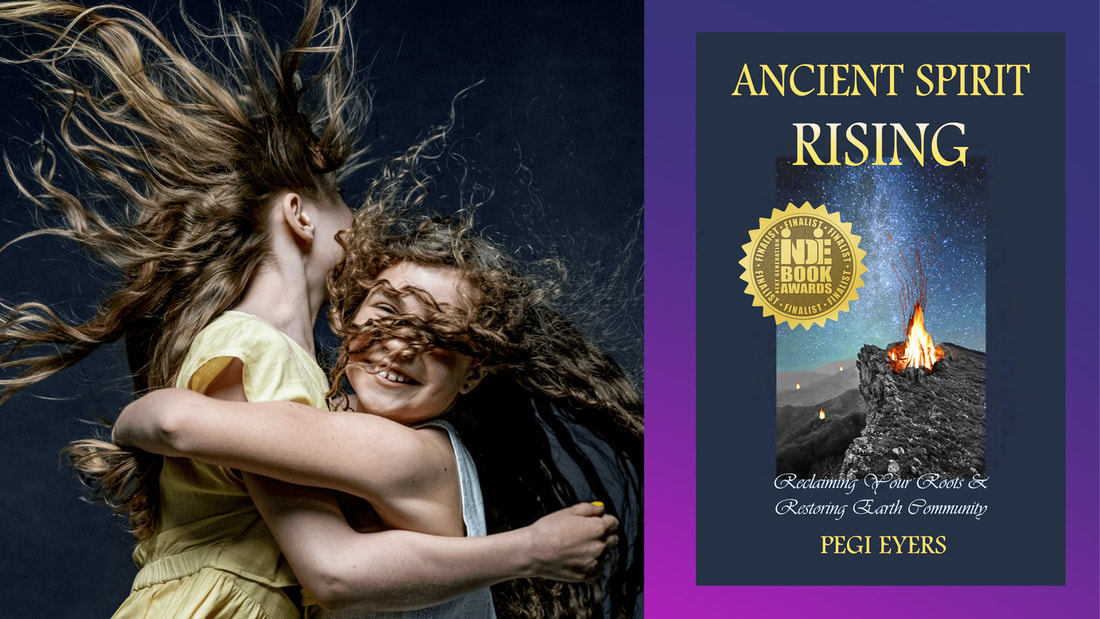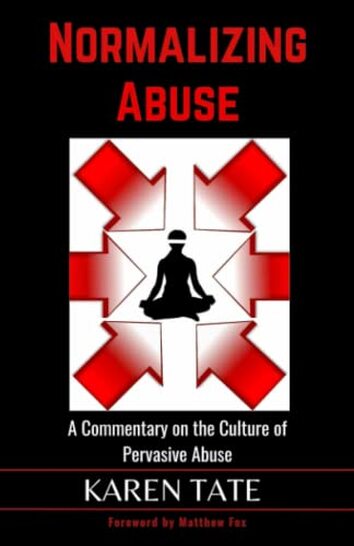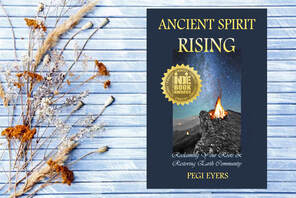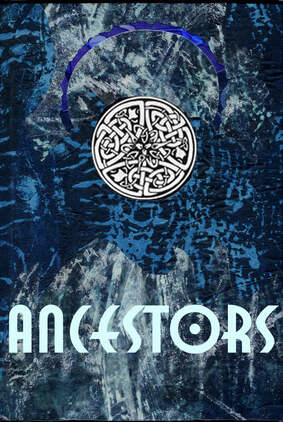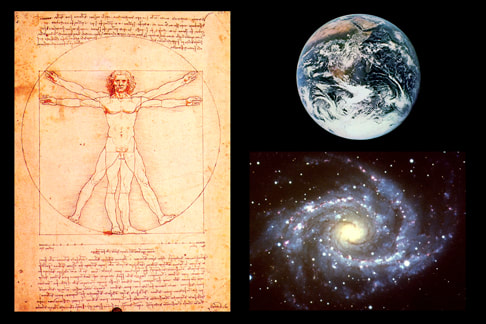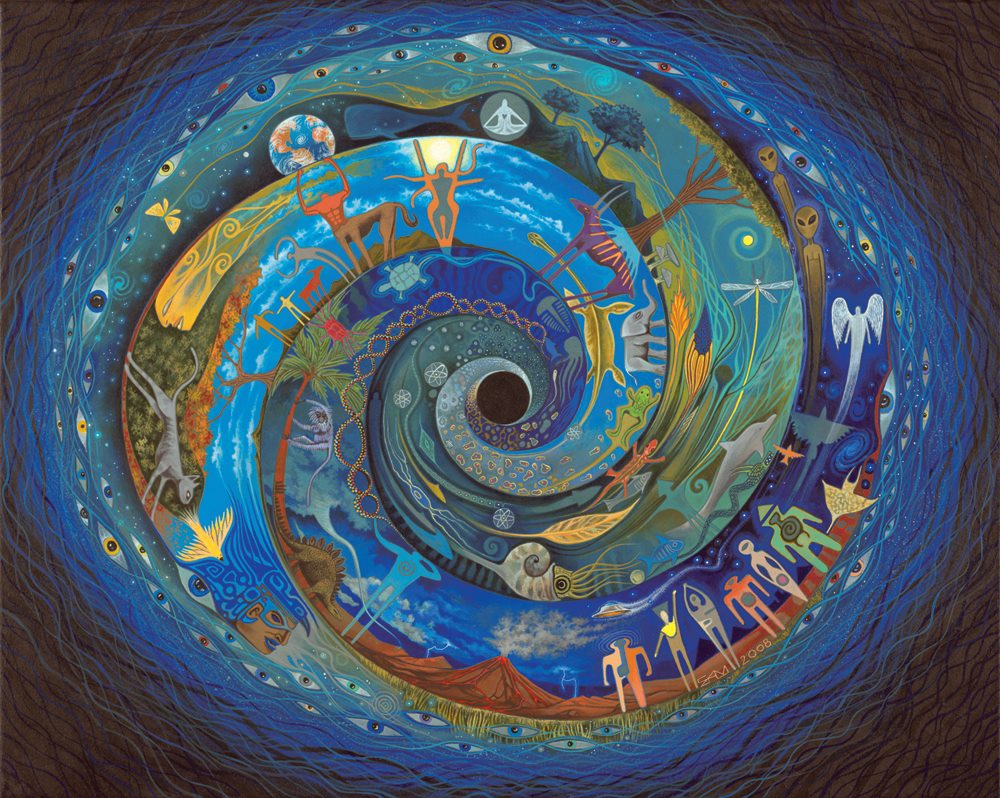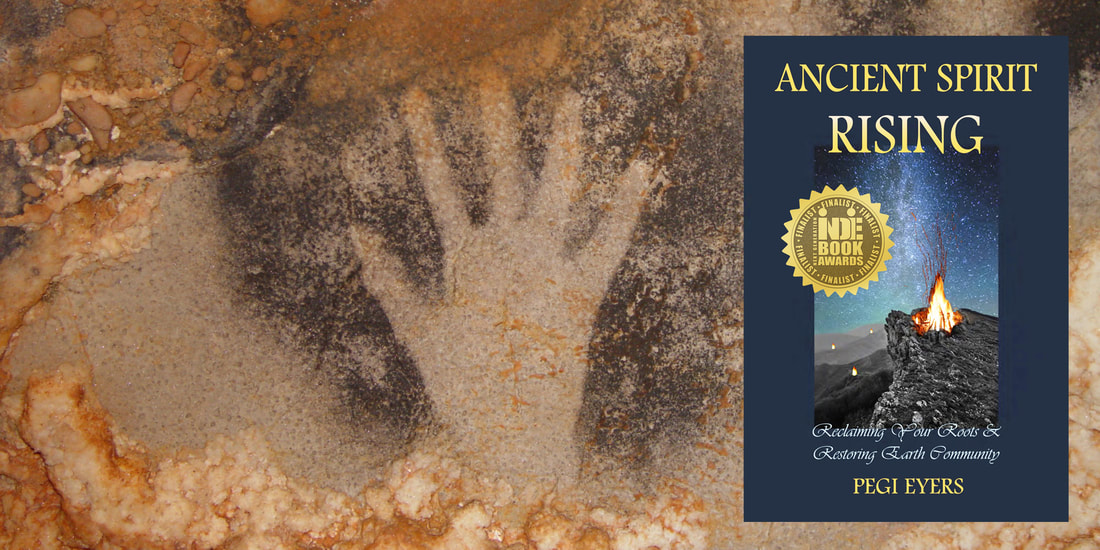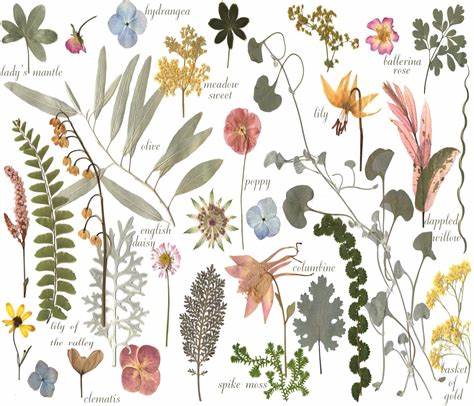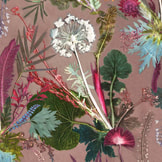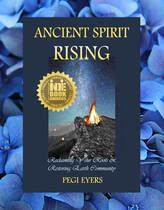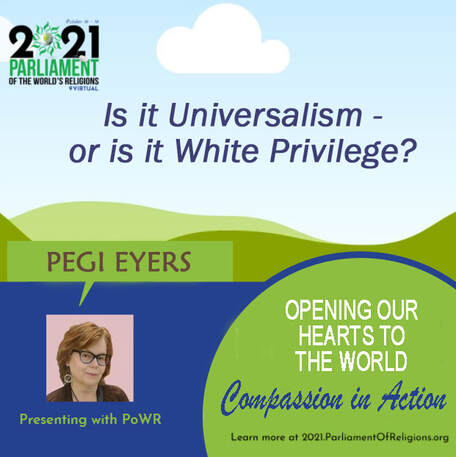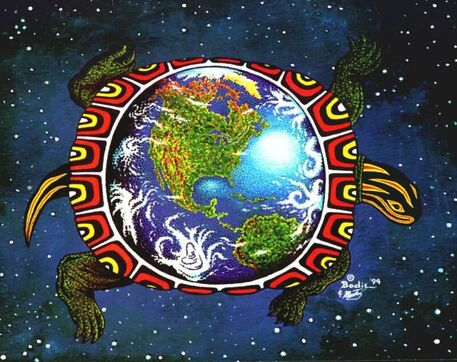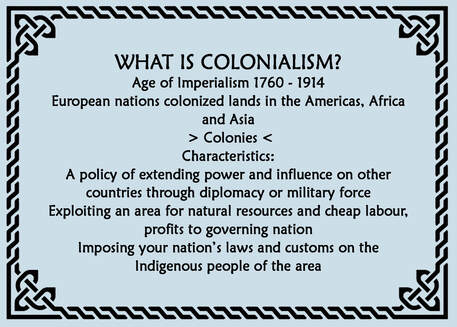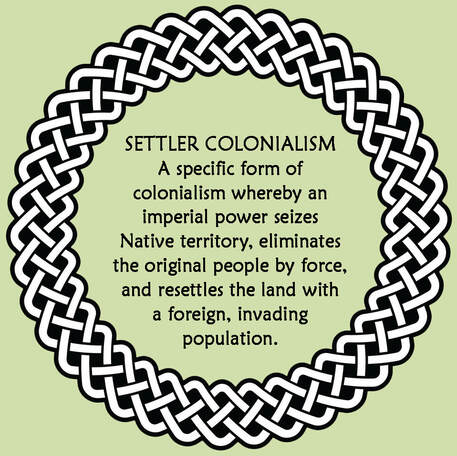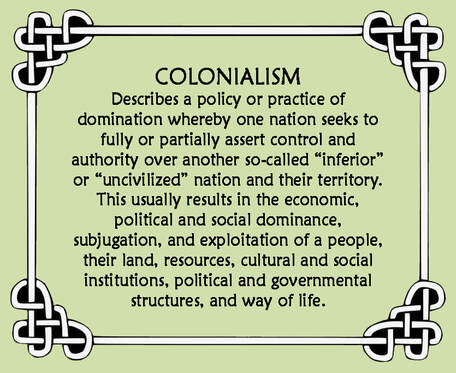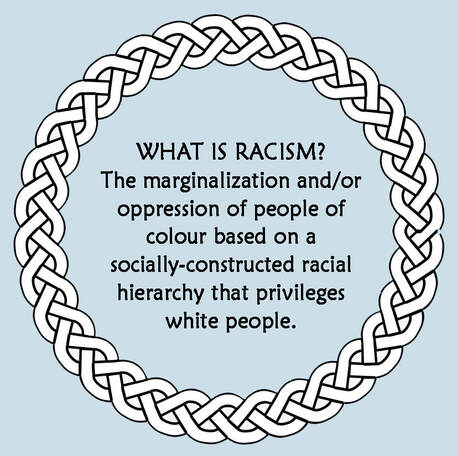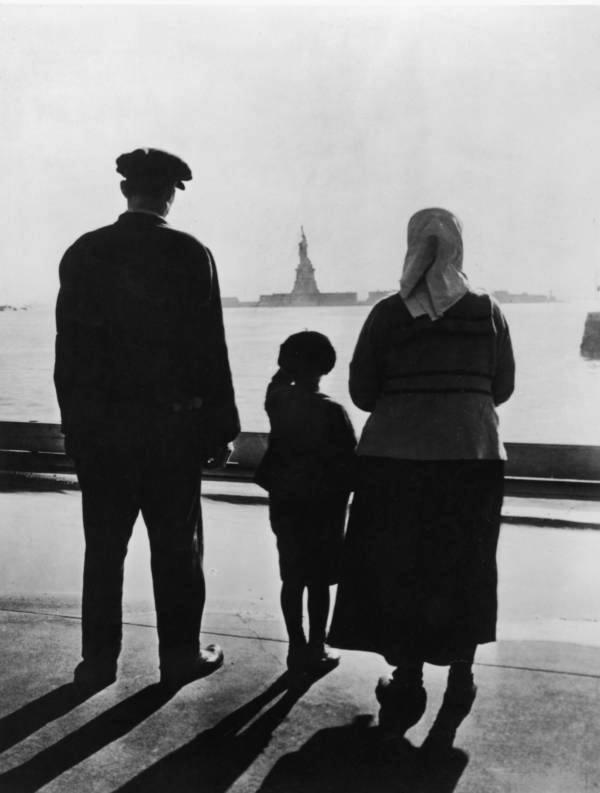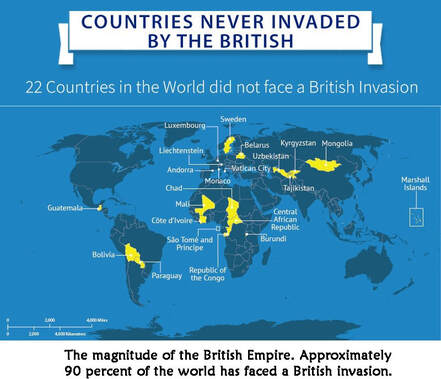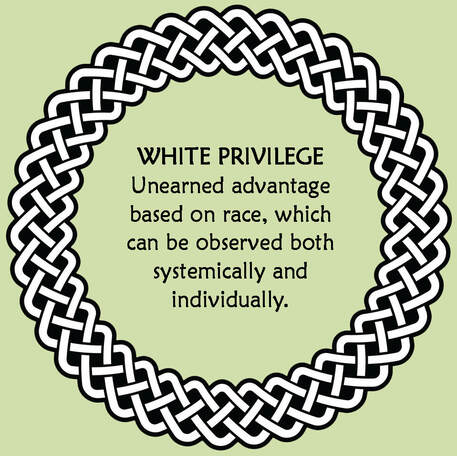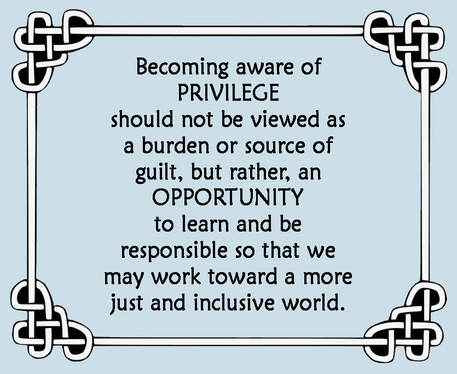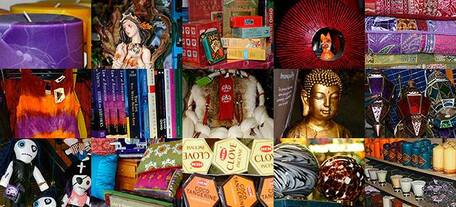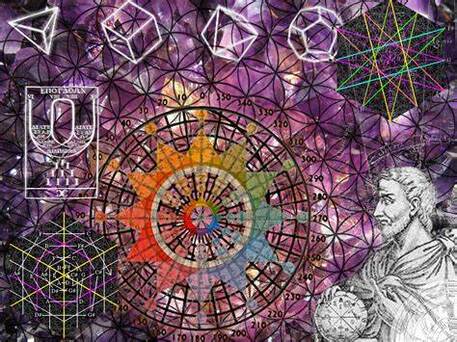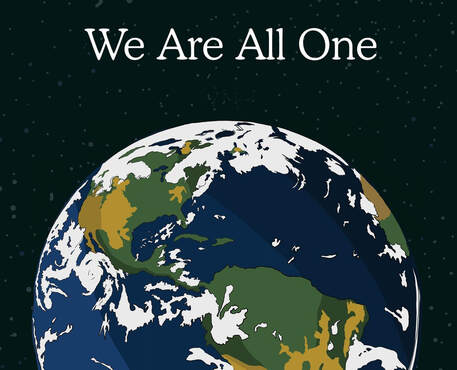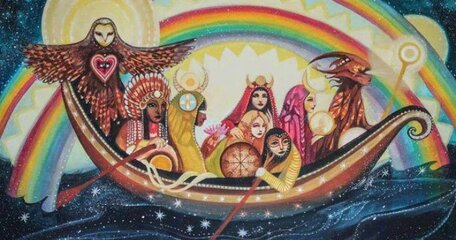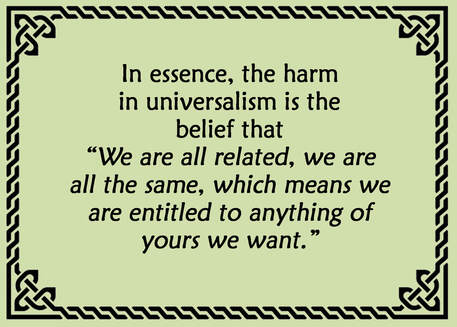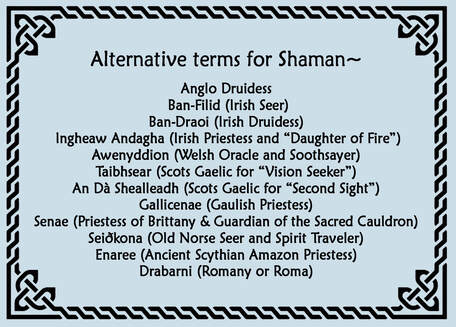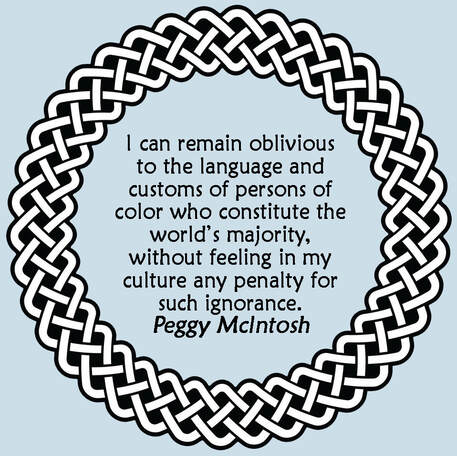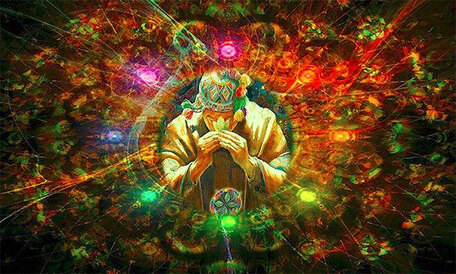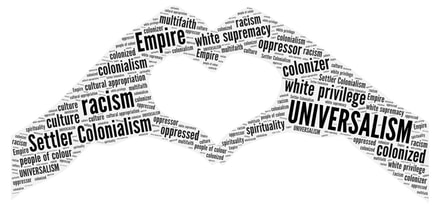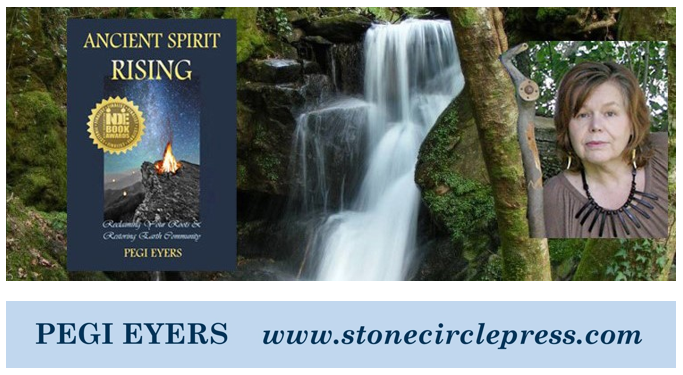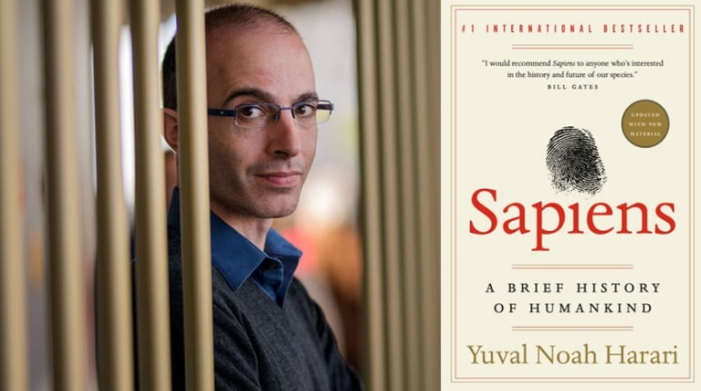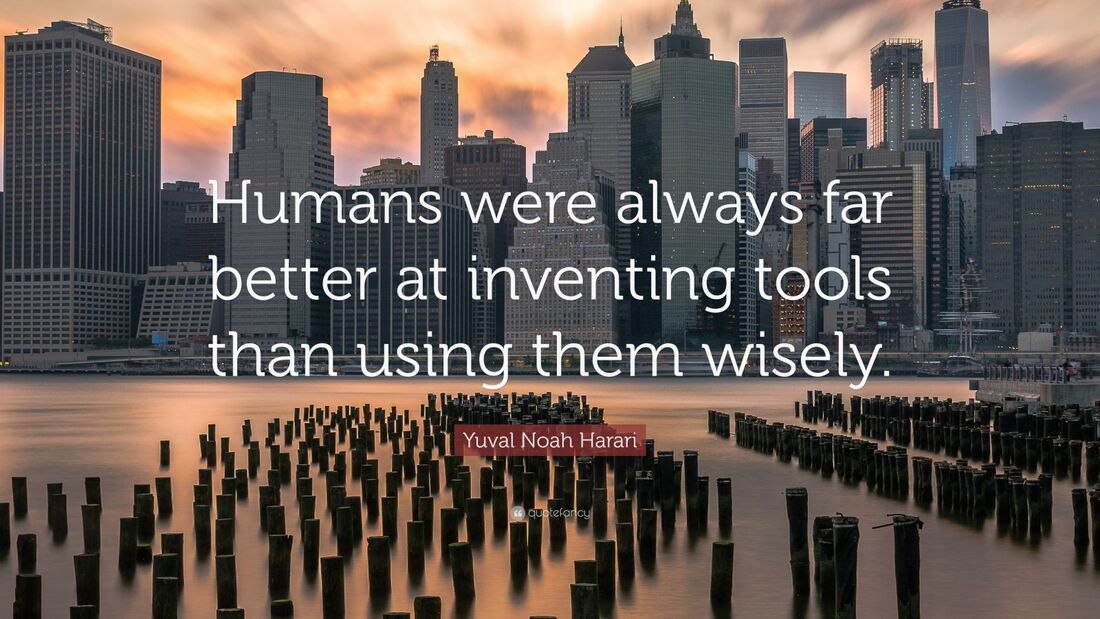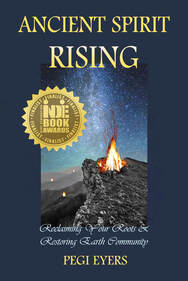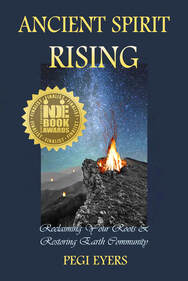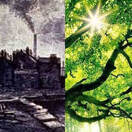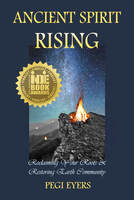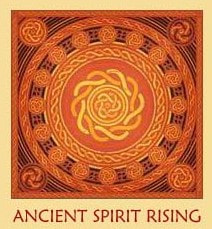PEGI EYERS
How desperately unhappy were you, before you returned to (or turned to) nature? I don’t think this subject is talked about enough. I’m pretty sure most of us did not turn to rewilding, ecospirituality, anarcho-primitivism or nature immersion because it was a “trendy” thing to do. I was miserable and unconnected when I lived in the city, and all that disappeared when I finally arrived in a place that had immense access to forests, rivers, lakes and wild places.
My family were very urban – not overt nature-lovers – and in my late teens I made my escape to live in a log cabin in the rugged B.C. back country. With no electricity or running water, and the wildlife, elements, and canopy of stars at night for company, I was incredibly fortunate to have those 5 years of earth-connected living. That experience in the mountains became my foundation for all that followed, as I was regrettably drawn back to the bright lights of the city and corporate life. After 15 years or so of that, I still appeared bright and capable on the outside, but I was dysfunctional and depressed, and a heavy drinker.
One particular evening I was so unhappy I just started to draw for some reason, and on the right side of the page appeared a bird in a cage, and on the left side of the paper was a bird flying free. It was my subconscious or soul, telling me on some deep level to get the hell out of the city. Which I did, and I never looked back. I now know that I was suffering from soul loss, and months and years spent wandering in the wild, plus earthing on the banks of the Otonabee River, healed that ennui. I honestly don’t know how people can live happy and productive lives in the city, cut off from the real and living green world. What is your story?
My family were very urban – not overt nature-lovers – and in my late teens I made my escape to live in a log cabin in the rugged B.C. back country. With no electricity or running water, and the wildlife, elements, and canopy of stars at night for company, I was incredibly fortunate to have those 5 years of earth-connected living. That experience in the mountains became my foundation for all that followed, as I was regrettably drawn back to the bright lights of the city and corporate life. After 15 years or so of that, I still appeared bright and capable on the outside, but I was dysfunctional and depressed, and a heavy drinker.
One particular evening I was so unhappy I just started to draw for some reason, and on the right side of the page appeared a bird in a cage, and on the left side of the paper was a bird flying free. It was my subconscious or soul, telling me on some deep level to get the hell out of the city. Which I did, and I never looked back. I now know that I was suffering from soul loss, and months and years spent wandering in the wild, plus earthing on the banks of the Otonabee River, healed that ennui. I honestly don’t know how people can live happy and productive lives in the city, cut off from the real and living green world. What is your story?
Pegi Eyers is the author of "Ancient Spirit Rising:
Reclaiming Your Roots & Restoring Earth Community"
an award-winning book that explores strategies for intercultural
competency, healing our relationships with Turtle Island First Nations, uncolonization, recovering an ecocentric worldview, rewilding, creating a sustainable future and reclaiming peaceful co-existence in Earth Community.
Available from Stone Circle Press or Amazon.
Reclaiming Your Roots & Restoring Earth Community"
an award-winning book that explores strategies for intercultural
competency, healing our relationships with Turtle Island First Nations, uncolonization, recovering an ecocentric worldview, rewilding, creating a sustainable future and reclaiming peaceful co-existence in Earth Community.
Available from Stone Circle Press or Amazon.

